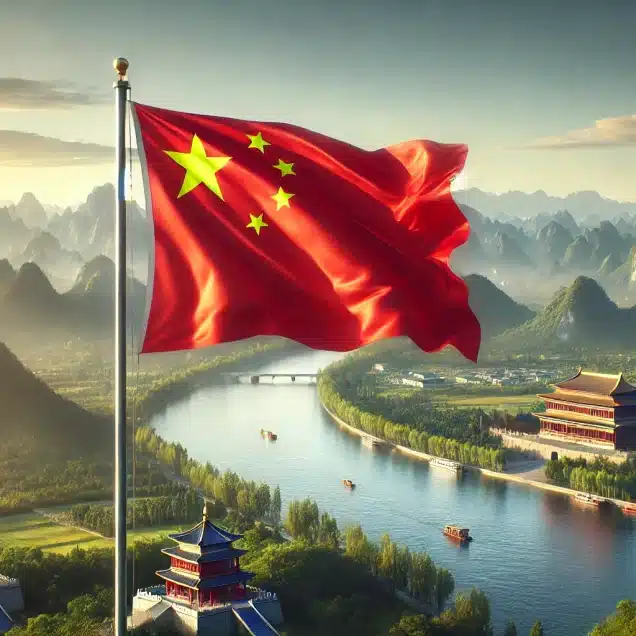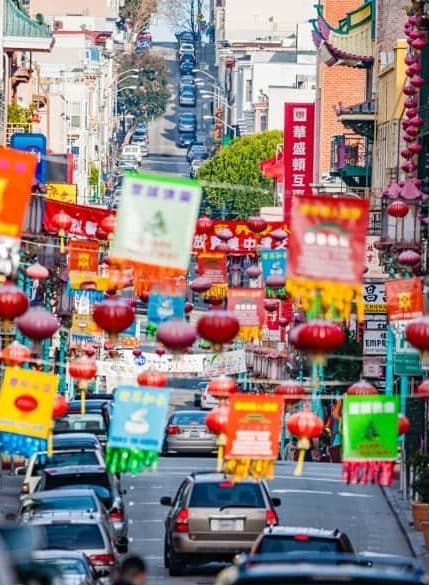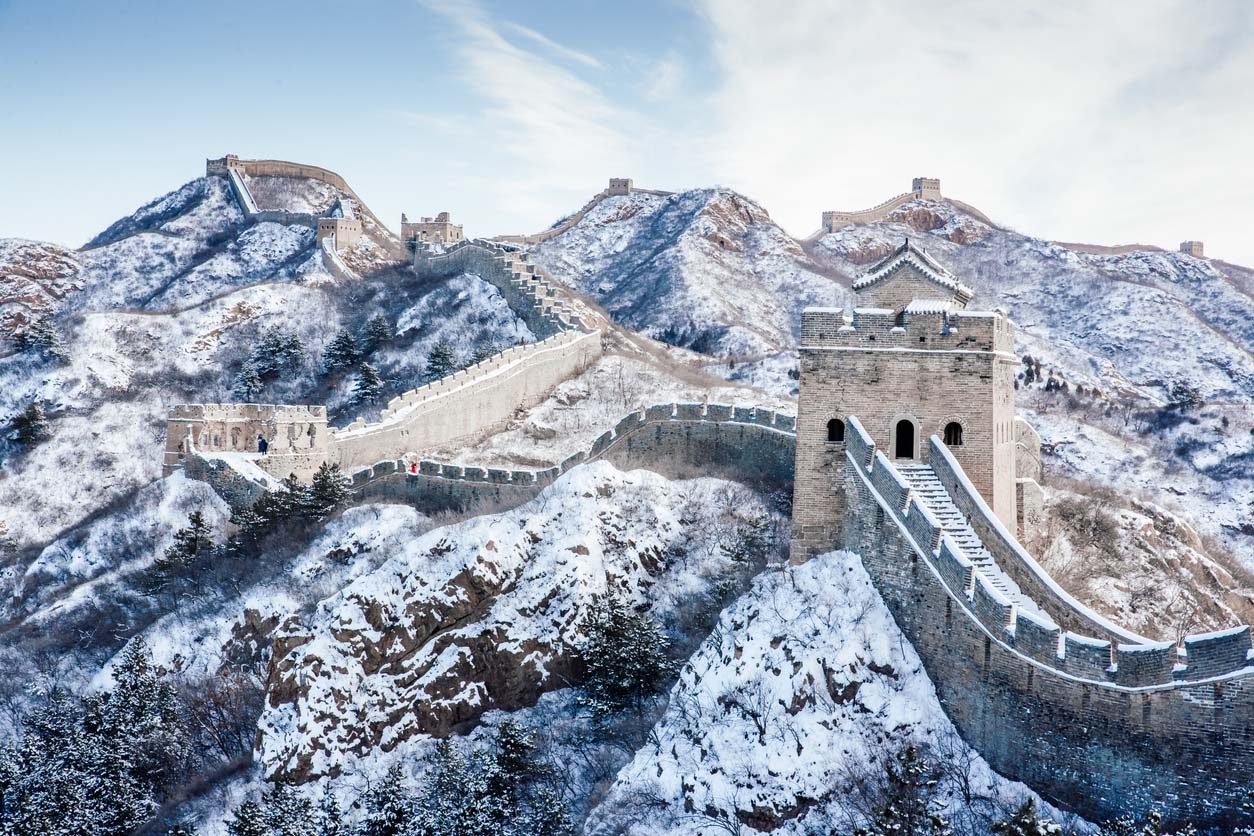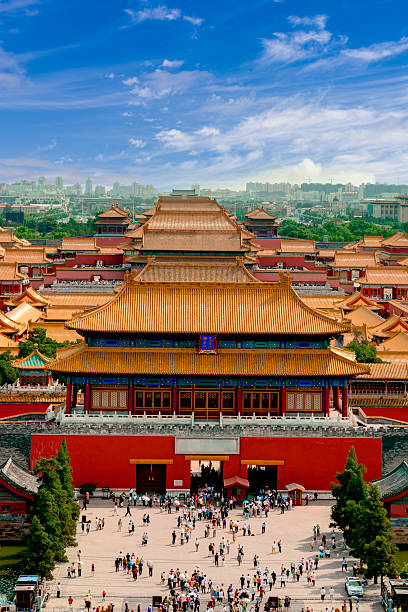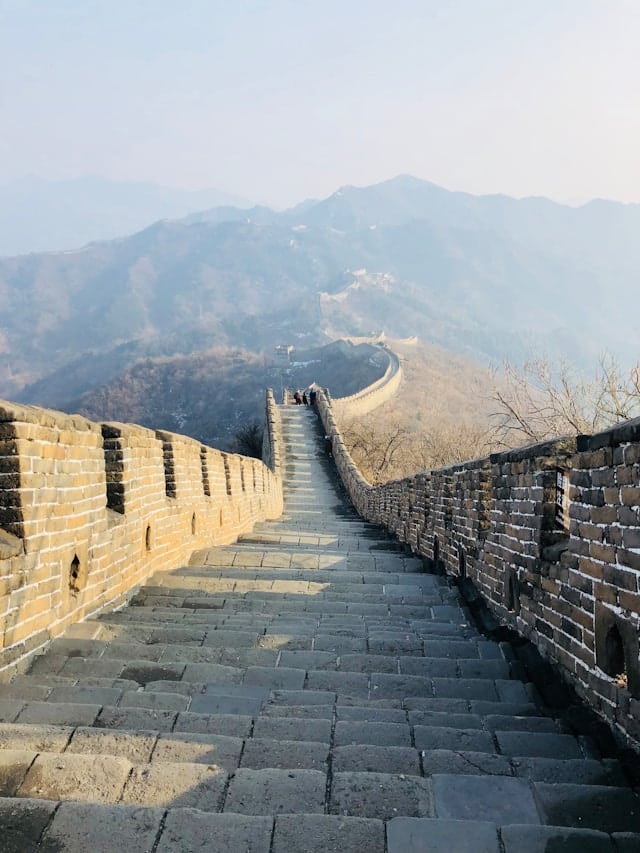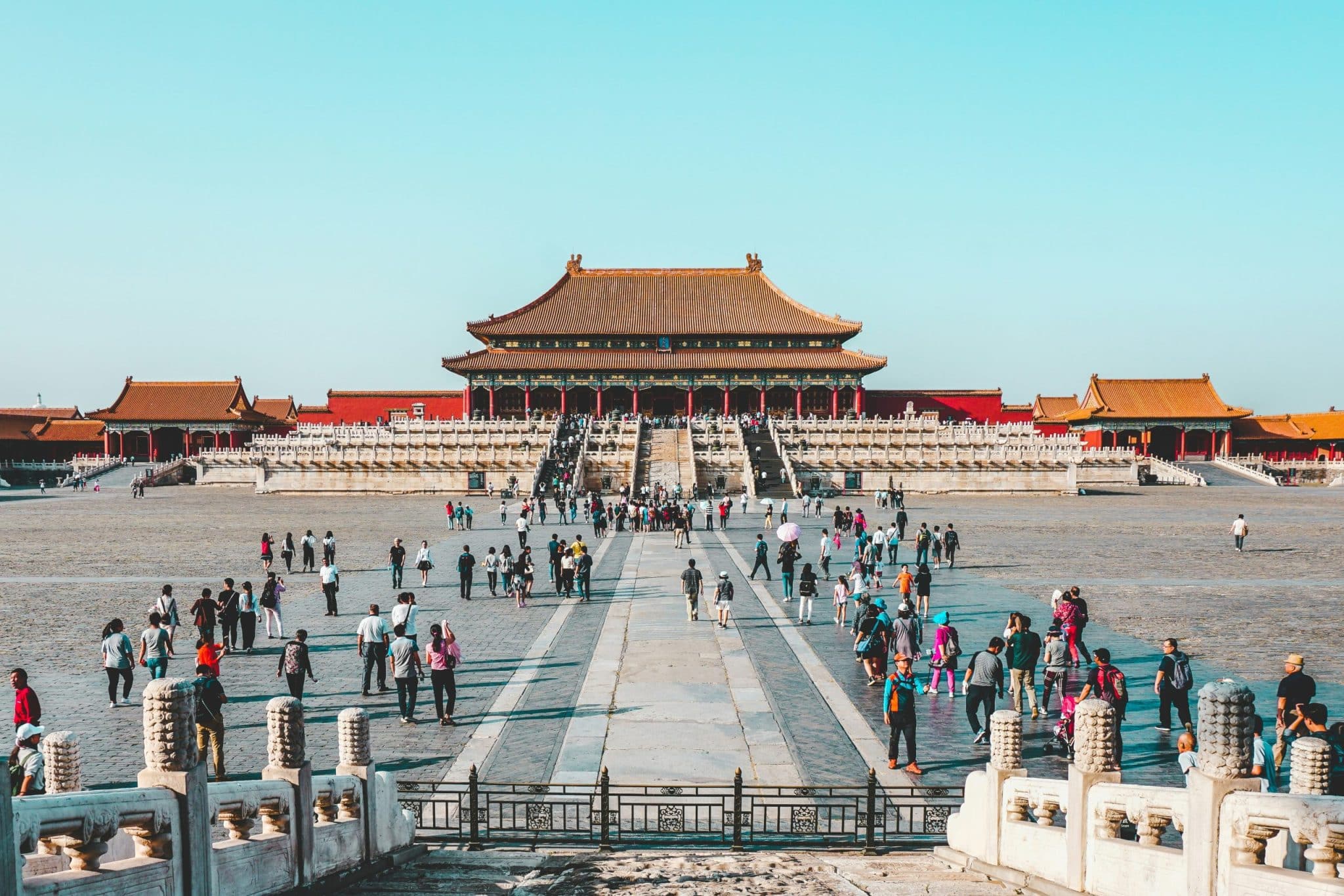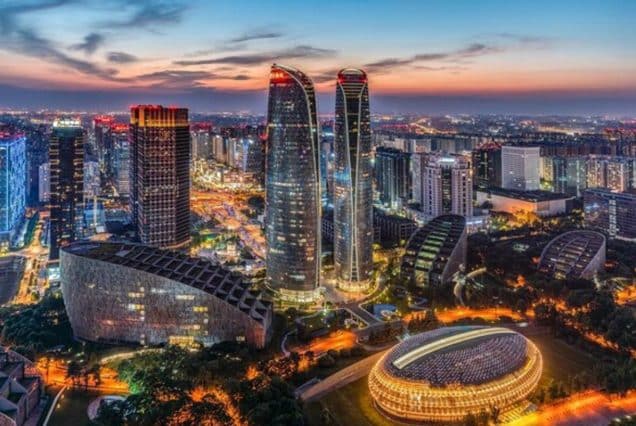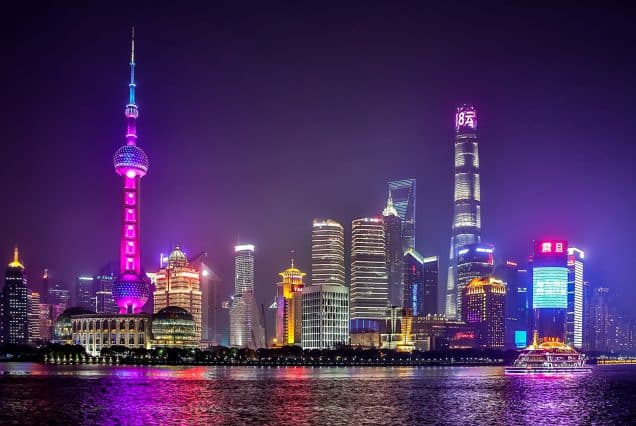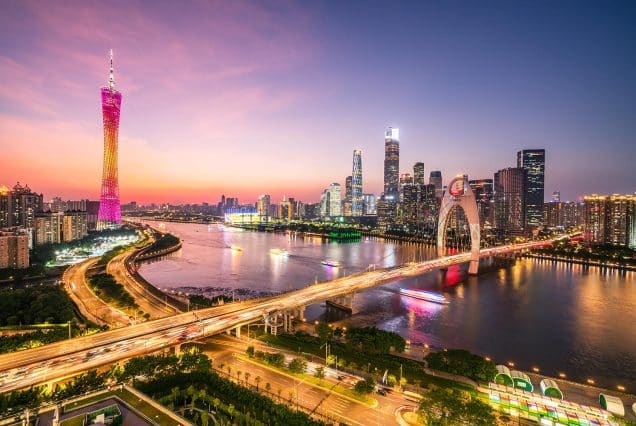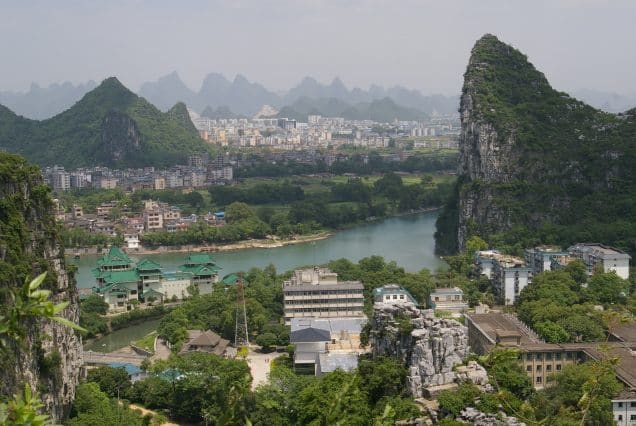

Discover China
Sights
Map
Info
China, the most populous country in the world, stands out for its rich history, diverse culture, and rapidly growing economy. As one of the largest countries in Asia, China offers a unique blend of historical and modern elements, providing visitors with an unparalleled experience. Whether exploring the bustling cities or the tranquil countryside, China offers a multi-faceted adventure. However, there are several practical considerations to keep in mind when traveling in this vast and diverse country. Below is an overview of essential information to help you prepare for your trip to China.
Visa and Passport Requirements
Visa Status: Most visitors to China are required to obtain a visa in advance. Visa applications typically require documents such as a passport, an invitation letter, or hotel reservations.
Passport Validity: It is recommended that your passport be valid for at least 6 months beyond your planned departure date from China.
Transportation
Train: China’s high-speed train network (G trains) makes travel between major cities easy and is a popular mode of transportation.
Metro: Large cities like Beijing and Shanghai have extensive metro systems, making urban travel convenient.
Taxis and Ride-Sharing: Taxis are common, but drivers often don’t speak English; ride-sharing apps like Didi are also widely used.
Accommodation
Hotels: China offers a wide range of accommodations, from international chain hotels to local boutique hotels.
Airbnb and Hostels: Budget-conscious travelers will find hostels and short-term rental options to be widely available.
Traditional Inns (Courtyard Inns): Especially in historic cities like Beijing, staying in traditional Chinese inns offers a cultural experience.
Dining
Chinese Cuisine: Chinese cuisine varies greatly by region; Beijing is famous for Peking duck, while Sichuan is known for its spicy dishes.
Street Food: Sampling local street food at night markets is a great way to explore China’s diverse culinary scene.
Vegetarian and Vegan Options: While vegetarian and vegan restaurants are common in big cities, these options may be limited in rural areas.
Cultural Considerations
Politeness and Gift-Giving: Politeness is important in Chinese culture, and gift-giving is common; gifts are often presented with both hands, and it’s customary to politely decline a gift a few times before accepting it.
Dining Etiquette: When using chopsticks, avoid leaving them sticking upright in a bowl, as this is considered disrespectful.
Cultural Sensitivities: It’s important to remain quiet and respectful in temples and sacred sites; always ask for permission before taking photos.
Language
Language Challenges: English speakers are relatively few, especially in rural areas, so learning basic Mandarin phrases can be helpful.
Translation Apps: Apps like Google Translate are invaluable for understanding menus and getting directions.
Technology and Communication
Internet Access: China has internet restrictions (Great Firewall); access to sites like Google, Facebook, and YouTube is limited, so using a VPN is recommended.
WeChat: WeChat is a popular app in China, used for messaging, payments, and social media, with wide-ranging functionalities.
SIM Cards and Data: Tourist-specific SIM cards and mobile data packages are available but are usually obtained from airports or designated stores.
Shopping and Payment
Credit Cards and Mobile Payment: Credit cards are widely accepted in major cities, but cash is more common in rural areas. Mobile payments (Alipay, WeChat Pay) are also widely used.
Tax Refunds: Tourists can receive tax refunds on purchases from certain stores; you will need to present your passport at the time of purchase.
Bargaining: Haggling is common in local markets and small shops; prices are often quoted high initially.

